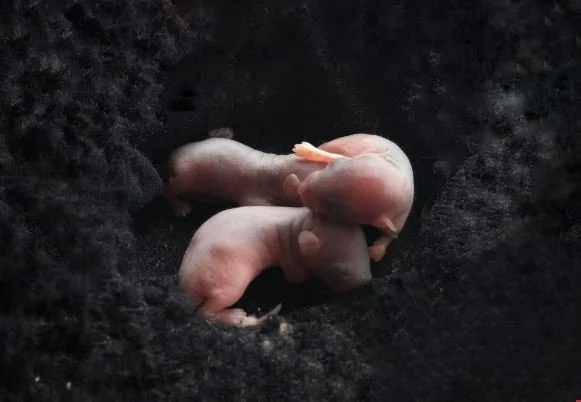In Uganda Menopausal Chimpanzees Challenge Long-Held Theory
Among the 6,400 extant species of mammals, it was long believed that only humans and four species of toothed whales experience menopause. Now wildlife biologists have observed “the change” in chimpanzees, and the discovery is challenging a long-accepted hypothesis for why it happens at all.
In a study 20 years in the making, researchers collected data from the Ngogo community of wild chimpanzees in western Uganda's Kibale National Park. The team examined mortality and fertility rates of 185 female chimps and measured hormone levels in urine samples from females of varying reproductive statuses and ages, ranging from 14 to 67 years.
They found that some females live long after they’ve stopped reproducing, for decades in some cases, which has not been observed elsewhere in the wild. Because female chimps – unlike humans and a few toothed whales such as orcas – leave their birth group when they are relatively young, older females never even meet their grandchildren.
The phenomenon in chimps challenges the long-held “Grandmother Hypothesis,” which posits that menopausal females continue to be productive members of their social group by caring for grandchildren. Female orcas of a certain age, for example, are often the ones who lead the pod to the best fishing sites, owing to their experience and superb memory.
The Grandmother Hypothesis doesn’t explain how menopause evolved in chimpanzees, but researchers have not observed the change in chimps outside of the Ngogo group. The Ngogo chimps, with ample food and the protections afforded by the national park, live longer than others in the wild, so it’s possible they simply live long enough to experience menopause.
So is menopause a latent capacity in chimps that only emerges given enough time? It’s possible that menopause first arose in the common ancestor of chimpanzees and humans some seven million years ago. Science may need to rethink how the phenomenon evolved as an adaptive trait since its usefulness, evolutionary speaking, remains a mystery.
The chimp research appears in the journal Science.
Photo credit: Ngogo Chimpanzee Project




